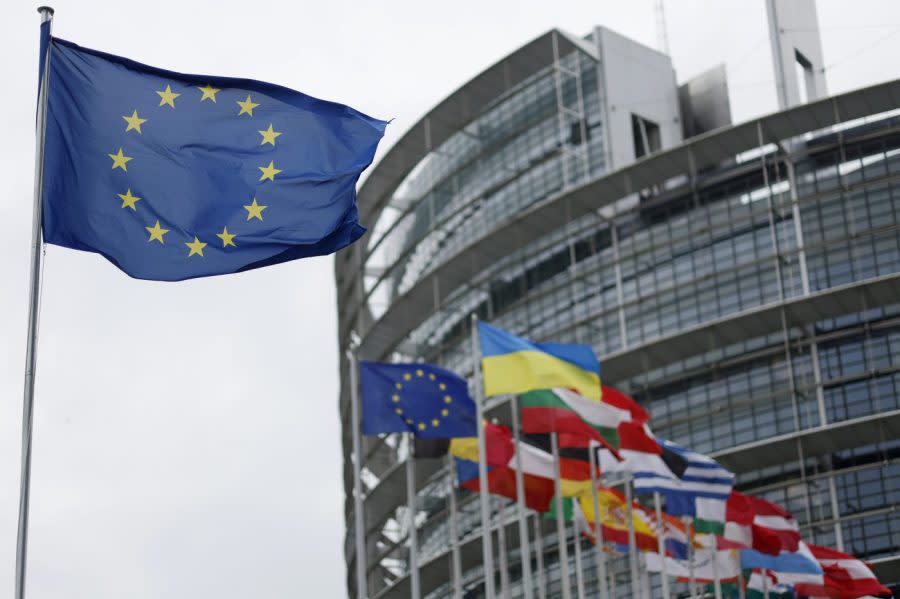It’s time to move on from ‘low for long’ growth, EU economy minister tells Harvard

Central banks around the world are considering interest rate cuts following one of the fastest monetary tightening cycles on record in response to elevated inflation.
But with inflation now easing and the economy growing at a more robust pace, European Commissioner for Economy Paolo Gentiloni said at a conference Friday that it may be time to reconsider the previous international standard of near-zero interest rates and modest growth in national outputs.
“Europe cannot resign itself to ‘low for long’ growth. Reviving growth and competitiveness in Europe is possible,” he said during a speech at the Harvard Kennedy School, touting new European initiatives to standardize economic policies across the continent.
Gentiloni said European economic policy is at a crossroads, situating the prospect of more fiscal coordination among European countries, as put forward in a program known as Next Generation EU, in the context of U.S. federalism and the legacy of Alexander Hamilton, the U.S.’s first Treasury secretary.
“We must open a reflection on what comes after. For all the talk of Next Generation EU as Europe’s Hamilton moment … the truth is that we have crossed this river with only one foot,” he said.
European fiscal proposals, particularly on climate financing, have mirrored major initiatives in the U.S. like the Inflation Reduction Act (IRA) and the Bipartisan Infrastructure Law, which have taken a less hands-off approach to economic growth and have sought to actively redesign industries with targeted incentives.
The monetary backdrop for those policies was driven more by the pandemic than a political agenda, encompassing huge amounts of fiscal stimulus and quantitative tightening to tamp down the resulting inflation, both in Europe and the U.S.
But the assumptions underlying that response — namely that higher interest rates and a general cooling in the economy are the only way to deal with elevated inflation — may need some updating, Gentiloni suggested Friday.
“I believe Europe needs to take a step forward. We must have the audacity to imagine new EU-level tools, backed by new common funding, to support our common goals in areas where the national dimension alone is not sufficient,” he said. “In the longer term, these tools should evolve toward a permanent central fiscal capacity.”
The threat to Europe from the 2-year-old war in Ukraine is also a reason for more centralization, Gentiloni noted.
Gentiloni’s speech comes as a challenge to more traditional ways of thinking about the economy, many of which have been challenged over the course of the pandemic.
Wall Street has been waiting with bated breath for interest rate cuts since tightening started to ease in the middle of 2023, following its blistering pace in 2022.
Markets still expect the Fed to hold U.S. interest rates steady at its next meeting in March after another blockbuster January jobs report. Prediction algorithm FedWatch from CME Groups put the odds of a rate cut at 17.5 percent Friday.
For the latest news, weather, sports, and streaming video, head to The Hill.


